|
Prof. Cassandra Lobiesk Senior Editor BOOK IV: BALANCEEven to this day, I'm still a little undecided about whether I loved the final season of The Legend of Korra or not. I loved certain episodes, and I loved the progressively amazing animation that continued to get better and better after every season. I also loved the inclusion of some storylines and the recurring characters of previous seasons--and series. But to say that I loved Book 4 would be glazing over certain issues I had with the plot and the character development. I'm getting ahead of myself, so I'll backtrack a bit. (And as usual: spoilers ahead.) "Book 4: Balance" speeds ahead to three years after the events of "Book 3: Change." Korra had just faced off Zaheer, a powerful airbender and leader of an organization bent on destroying the Avatar cycle. While the previous seasons of Korra resulted in an ultimately victorious "final" battle between Korra and the antagonists, her fight with Zaheer had almost cost Korra her life--and left her crippled both physically and emotionally. Book 4 opens with a physically recovered but emotionally scarred Korra, as evident by the fact that she loses an earthbending cage match--something a fully realized Avatar should have had no problem winning. It is clear her usual confidence and aggressive personality--which tend to be her defining features on the show--are shaken, and she is still traumatized at having gone too close to dying. Korra has become unsure and afraid, and ultimately a shadow of herself. I don't blame her. As the Avatar, she is the bridge between the spirit and human worlds. But what does an Avatar do when both worlds have already merged and there's no need for an Avatar? In all respects, what if the Red Lotus was right about the redundancy of the Avatar, who can't even win her own battles? There is a lot of soul-searching in the series finale, and a lot of it focuses on Korra finding her way in the world. Which means that effectively speaking, the Avatar has been neutralized during a time period where balance is needed the most. While Korra journeyed off into the realm of the Avatar world--donning a completely different appearance--the Earth Kingdom faced its fair share of troubles. After Book 3, the Earth Kingdom was left in tatters, the capital in shreds and a monarch dead. In order to keep the Earth Kingdom from dissolving into complete anarchy--something the other four "nations" (Water Tribe, Air Nomad, Fire Nation, and Republic City) unanimously agreed was a BAD THING--the council representatives saw fit to elect Kuvira (a metalbender from Zaofu) as an interim leader of the Earth Kingdom. Now, I'm sure Kuvira meant well in her attempt to unify the Earth Kingdom under her leadership and guidance. I'm also sure there was some kind of practicality in her initial plans. But three years is a long time, and plans change. While Korra was off gallivanting on her soul-searching quest, Kuvira was harnessing the power of the Earth Kingdom and attempting to form a unified Earth Empire--under military rule. To say this is a BAD THING is a complete understatement. Kuvira not only tries to force the Earth Kingdom districts to bow down to her rule, she also alienates and/or banishes those of non-Earth Kingdom descent (meaning Fire Nation and Water Tribe peoples), sometimes even committing them to concentration camps. Kuvira does not mean to stop at unifying the Earth Empire, however. She also has designs to retake the land colonized by the Fire Nation during the Hundred Year War (Avatar: The Last Airbender), as well as the land that had been used as a political peace offering between all nations: Republic City. Naturally the other four council representatives are justified in worrying about how this would affect their own nations. To them, Kuvira has become a tyrant, and it would only be a matter of time before she would go after all the leaders of the world to bow to her empire in turn. So in other words, there's a lot of politicking and conquering, and the Avatar is in no fit state to help fix the brokenness of the world. What's a world to do except continue to try to fix things as best as they can? Which brings me to some of my favorite elements of Book 4: teamwork, family, major character growth--and realization--and the Beifongs. DiMartino and Konietzko always excel when it comes to the idea of people willing to fight for what they truly believe in. The antagonists are never truly "antagonists" because their motives are simply misplaced. The protagonist is not the ONLY person trying to pull her weight in keeping the world at peace, though yes, she does play a major part in trying to broker said peace. The rest of the characters play as much of a role in the series conflicts, and this becomes most evident in Books 3 and 4. (I mean…Team Avatar actually DO STUFF.) And because Book 4 took place largely in the Earth Kingdom, it is no surprise that the metal clan of Zaofu and the Beifong family are heavily featured, to a point where the entire family fight to defend themselves. "The Battle of Zaofu" and "Operation Beifong" were definitely season highlights, if not some of the best episodes of the series. (I mean, COME ON, how frelling AWESOME is Su Beifong? She's not even my FAVORITE of the Beifongs that show up in this season. But my gosh, she's JUST so badass.) That isn't to say that there were a few hiccups in the show. I felt like the conquering plot seemed a bit lackluster and overdrawn. Avatar: The Last Airbender was pretty much one gigantic war waged between the Fire Nation and the rest of the world. Kuvira was practically heading that route, using metal and earthbending instead of the power of fire. The Fire Lord expressed my own stance best when she refused to get into "another war," not after her entire nation had been previously embroiled in one for so long. Another Napoleon-type war was just tiring at this point. I also felt that while there was a tremendous focus on character development, a lot of the action--which I had loved about Book 3--got pushed back to near the second half of the season. Korra's identity crisis--while refreshing at best--was beginning to get on my nerves, and I was tremendously relieved when she finally did attain her spiritual balance, because that was when I knew she would be able to kick ass once more. The season itself dragged, and heck, there was ONE ENTIRE EPISODE where it was mostly flashback. I could not with the flashbacks. All in all, though, the season brought about the best in storytelling, especially where characters were concerned. While I did not particularly agree with how some characters ended up with each other, I wasn't particularly surprised (honestly, the producers have not once indulged any of my ships since AtlA, so I didn't think Korra would be any different). Studio Mir's animation quality was stellar as always, and I'm only sorry that there is no more Korra or AtlA left for me to watch, because I really didn't want to end my journey into the world of element bending.
0 Comments
|
AboutEagles are critics, too! Reviews is definitely the Alte's most popular writing category owing to the fact that all HOLers have something they like, whether movies or books or video games or music or, well, all of the above. If they like it enough--or hate it enough--then they're likely to write up a review about it! Past Reviews
June 2020
|

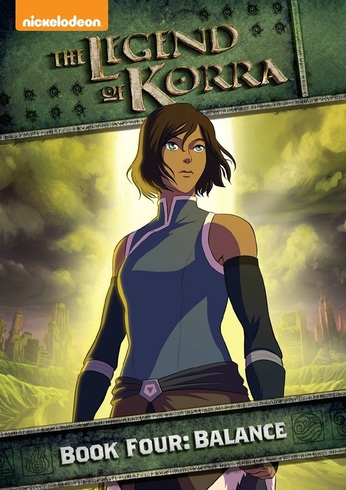
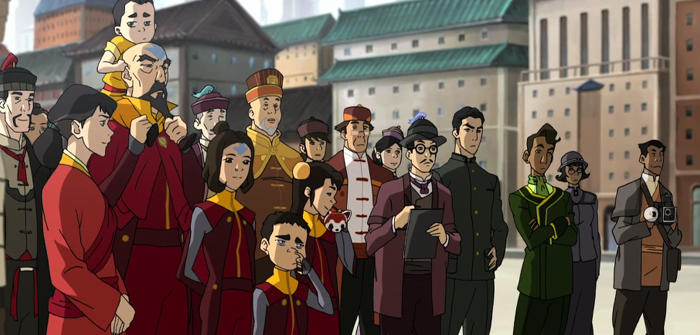
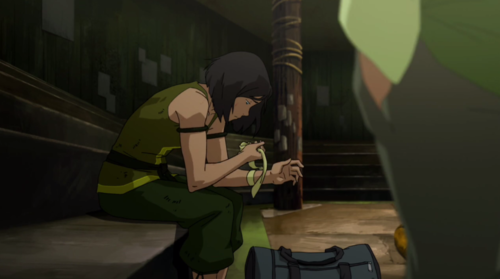
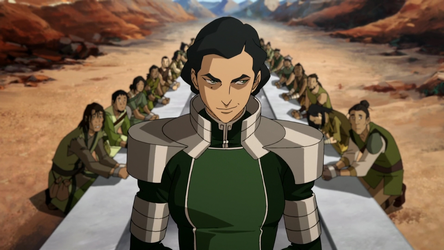
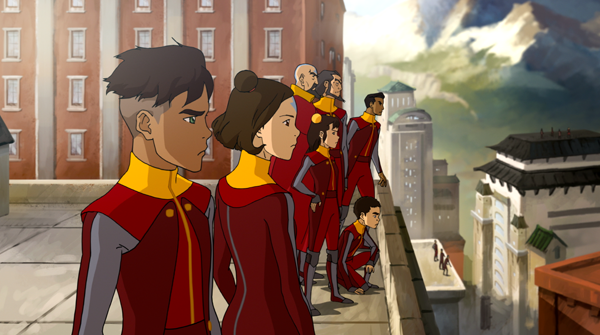
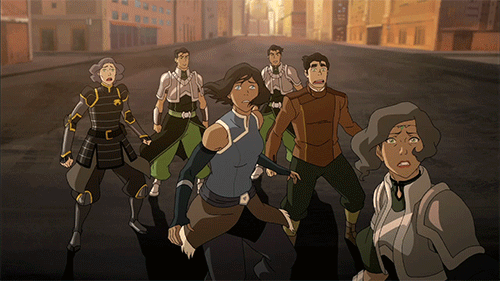
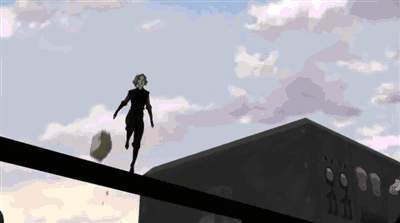
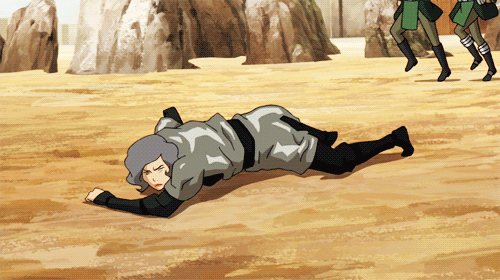
 RSS Feed
RSS Feed
